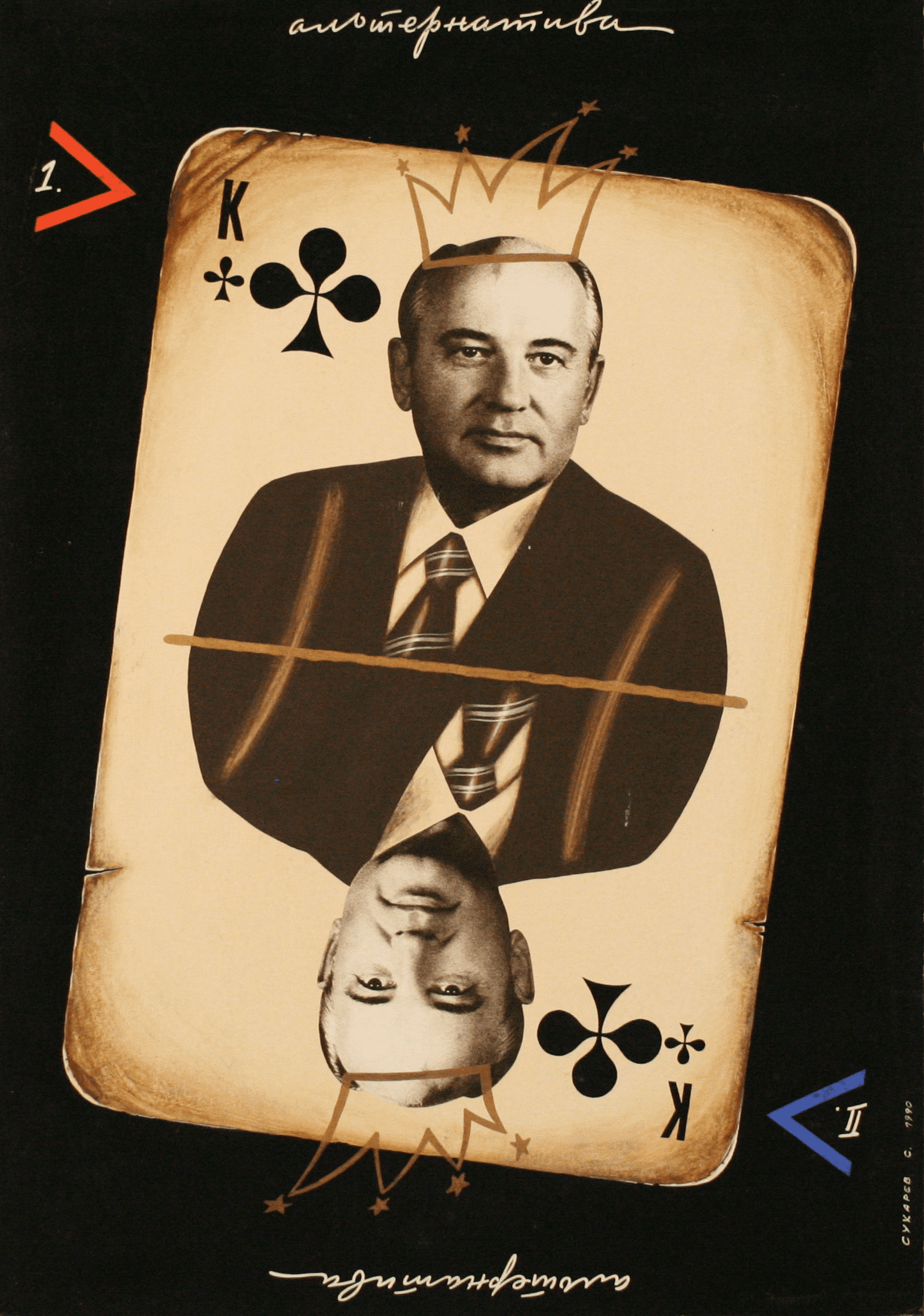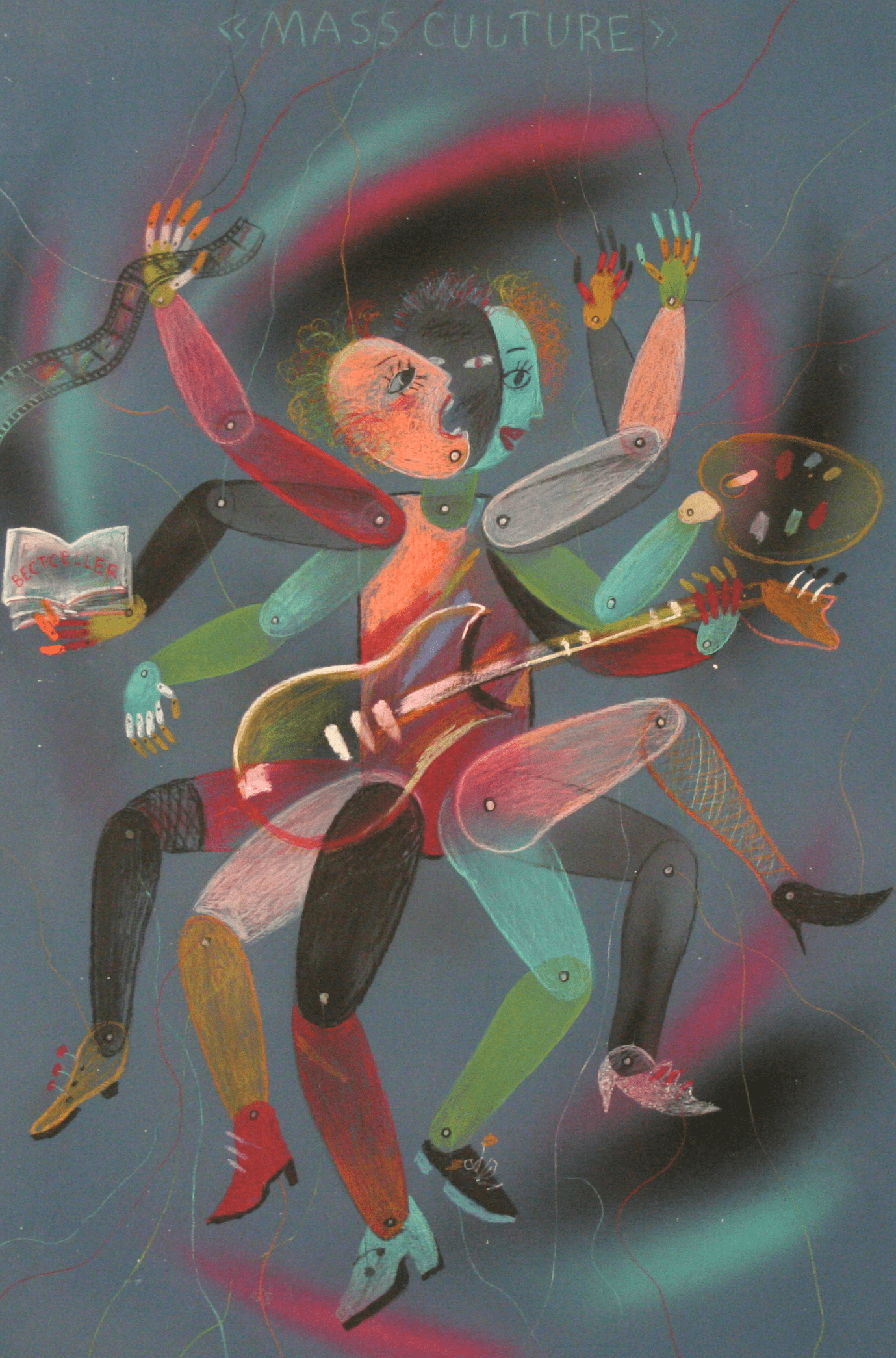Counter/Surveillance: Control, Privacy, Agency

Checkpoint Charlie border guard training materials, 1975-1989, East Germany
In recent decades, technological advances have supercharged surveillance. Online, personal data are automatically collected and analyzed on a mass scale. Algorithms watch, listen, track, and identify people, complementing and sometimes replacing human eyes and ears. Powerful combinations of surveillance software and hardware, such as surveillance cameras outfitted with real-time facial recognition, are conquering public spaces. These technologies are often misleadingly presented as though they were pure innovation and have no history.
The exhibition Counter/Surveillance traces the historical roots of such surveillance devices and methods, and the Cold War dynamics that shaped and spread them. It explores the precursors of current biometric surveillance in Cold War manuals for police, border guards and spies; in forensic portraiture; and in the little-known early history of computer facial recognition, revealing links between forensics, science, art, and popular culture. It also traces similarities between Cold War surveillance devices and methods used in East and West, from miniature cameras and listening devices to forensic composite kits. These not only point to a shared technical history, but are also indicative of exchange, inspiration, and imitation across the Iron Curtain. Technical exchanges with allies in the Global South ensured further international dissemination.
Then as now, the skills and tools of secret services were sometimes mirrored by the creativity of their targets. Throughout history, dissidents, activists, and artists have found ways to “watch the watchers” in order to evade, criticize, and expose them – sometimes using the very same surveillance methods and tools deployed against them, from covert photography to profiling and encryption. Others repurposed surveillance tools to make art or created artworks that correct and reclaim the distorted narratives that emerge from personal surveillance files. By showing the rich history of such acts of countersurveillance, the exhibition calls attention to the many ways in which people have reclaimed agency, it celebrates human ingenuity vis-à-vis state control, and it shows how art can be an inspirational signpost in the process.
The exhibition includes artwork from Sadie Barnette, Paolo Cirio, Asya Dodina & Slava Polishchuk, Graham Fink, Ken Gonzales-Day, Damara Inglês, Yazan Khalili, Verena Kyselka, Gerhard Lang, Francisco Masó, Decebal Scriba, Liat Segal, Nedko Solakov, Xu Bing, Yang Jian, and Mail Art from the Mail Art Archive of Ruth Wolf-Rehfeldt and Robert Rehfeldt, Berlin.
Counter/Surveillance: Control, Privacy, Agency was curated by Wende Chief Curator Joes Segal and science historian Marieke Drost.
The exhibition is made possible with support from Getty through its PST ART: Art & Science Collide initiative. The Wende Museum is participating in the PST ART Climate Impact Program.
Sponsors








